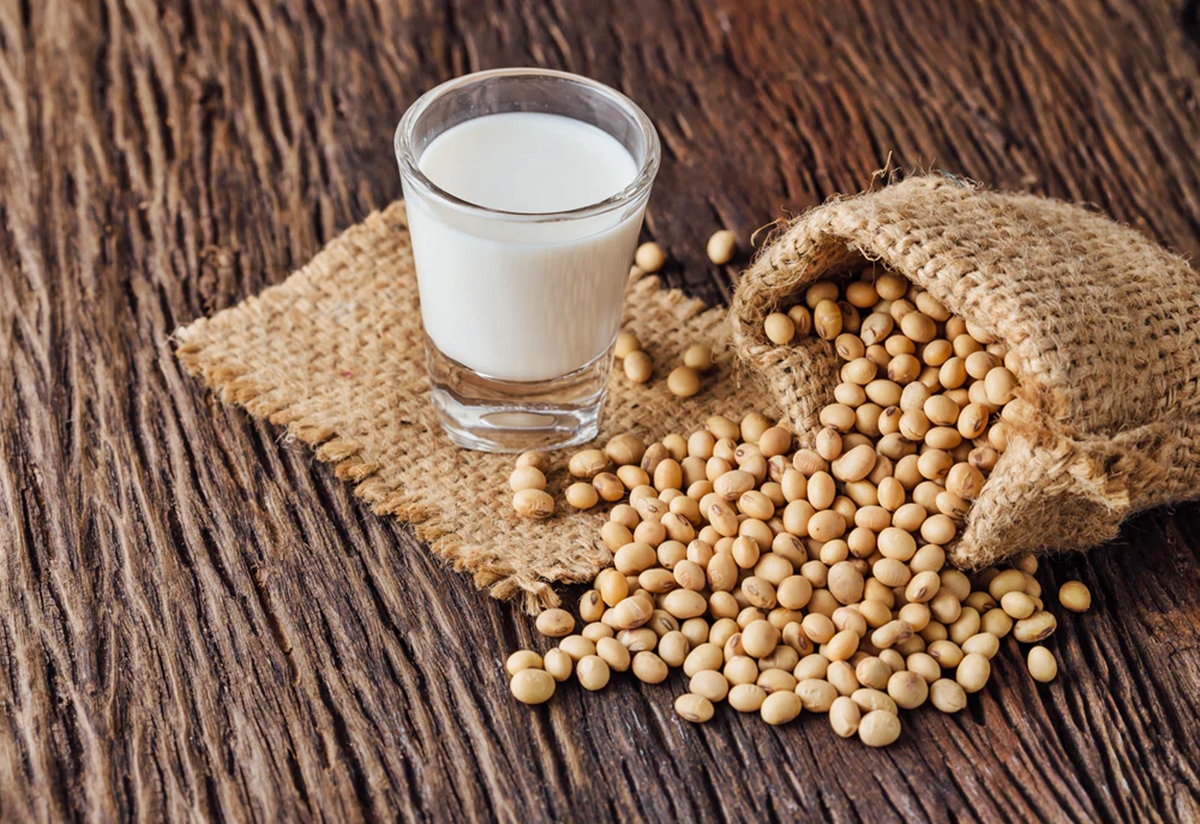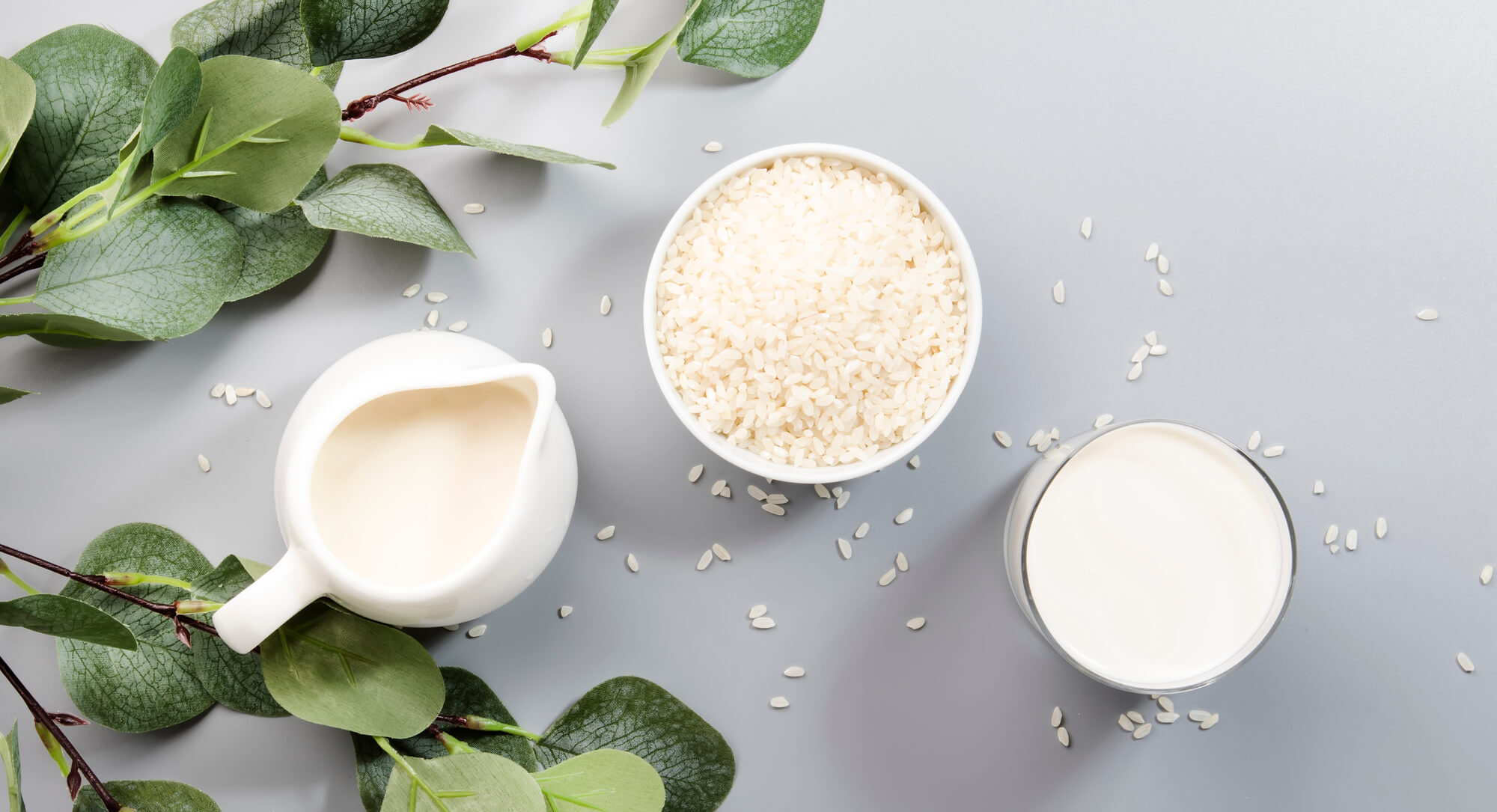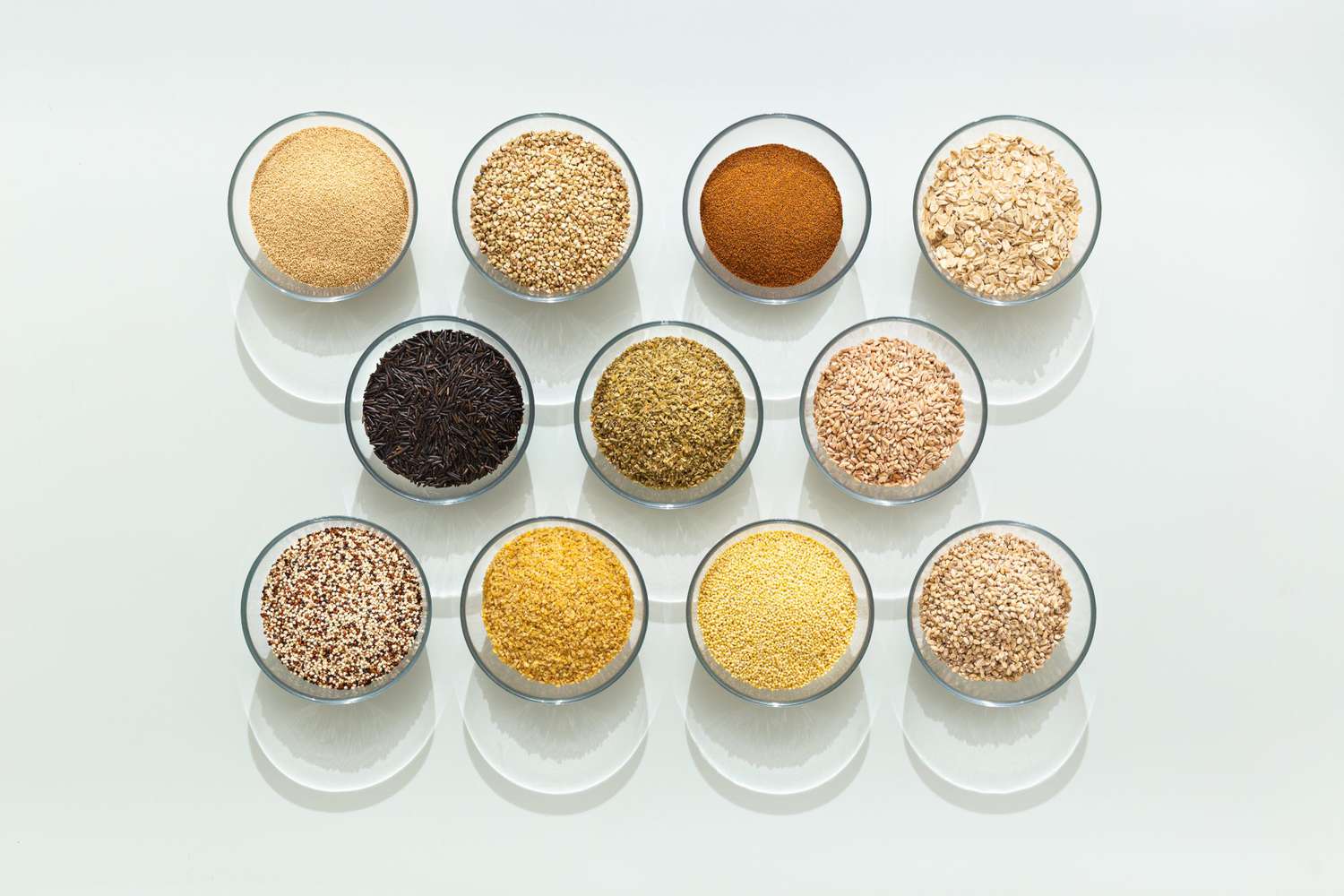The Amazing Health Benefits of Butternut Squash
Butternut squash is a versatile and delicious vegetable that offers a wide range of health benefits. Packed with essential nutrients, this vibrant vegetable not only adds flavor to your dishes but also promotes a healthier lifestyle. Here are the top five health benefits of butternut squash:
- Rich in Nutrients: Butternut squash is loaded with vitamins and minerals, making it a powerhouse of nutrients. It is an excellent source of vitamin A, which promotes good vision and boosts your immune system. It also contains vitamin C, which supports collagen production and enhances skin health. Additionally, butternut squash is high in potassium, manganese, and fiber, all of which are vital for overall wellness.
- Boosts Immunity: With its high vitamin A content, butternut squash plays a significant role in strengthening your immune system. Vitamin A is essential for the proper functioning of immune cells and helps fight off infections and diseases. Regular consumption of butternut squash can help fortify your body’s defenses and keep you healthy.
- Supports Heart Health: Butternut squash is heart-friendly due to its abundance of potassium and fiber. Potassium helps regulate blood pressure levels, reducing the risk of cardiovascular diseases. The fiber in butternut squash aids in maintaining healthy cholesterol levels and prevents the buildup of plaque in the arteries. Including butternut squash in your diet can contribute to a healthy heart.
- Weight Management: If you’re watching your weight, butternut squash is a great addition to your meals. This low-calorie vegetable is packed with fiber, which helps you feel full and satisfied. The fiber content also aids in digestion, promotes regular bowel movements, and prevents constipation. Incorporating butternut squash into your diet can assist in weight management and maintaining a healthy digestive system.
- Supports Eye Health: As mentioned earlier, butternut squash is an excellent source of vitamin A, which is essential for good vision. Vitamin A helps protect the eyes from age-related macular degeneration and night blindness. Including butternut squash in your diet can help keep your eyes healthy and maintain optimal vision.
Butternut squash is a versatile and delicious vegetable that provides an array of health benefits. From supporting immune function to promoting heart health and aiding weight management, this vibrant vegetable is a nutritional powerhouse. So why not add this flavorful vegetable to your next meal and reap the numerous health benefits it offers?
What’s your favorite way to enjoy butternut squash? Share your ideas in the comments below!
Was this page helpful?
Read Next: Is Pasta Healthy?











